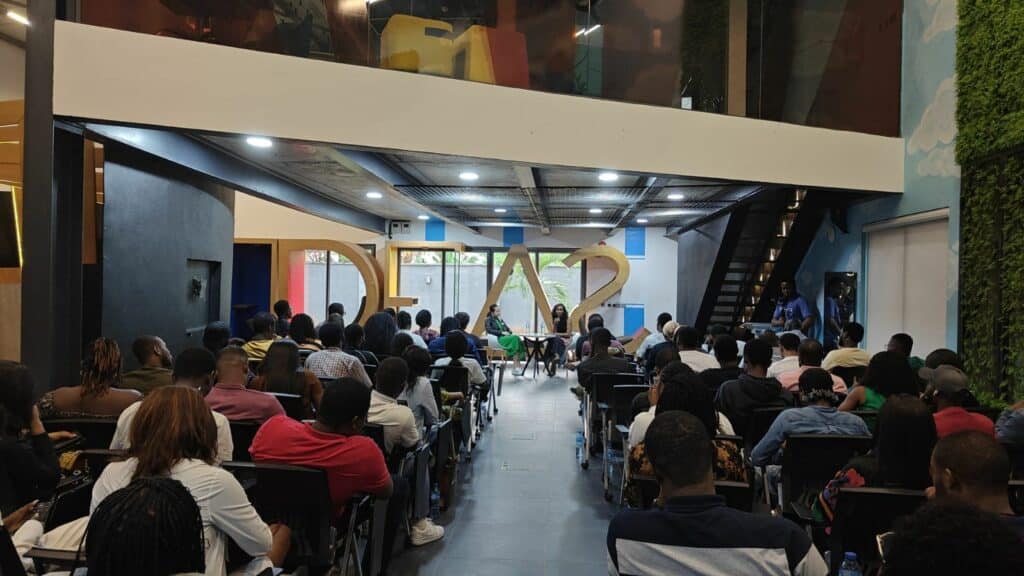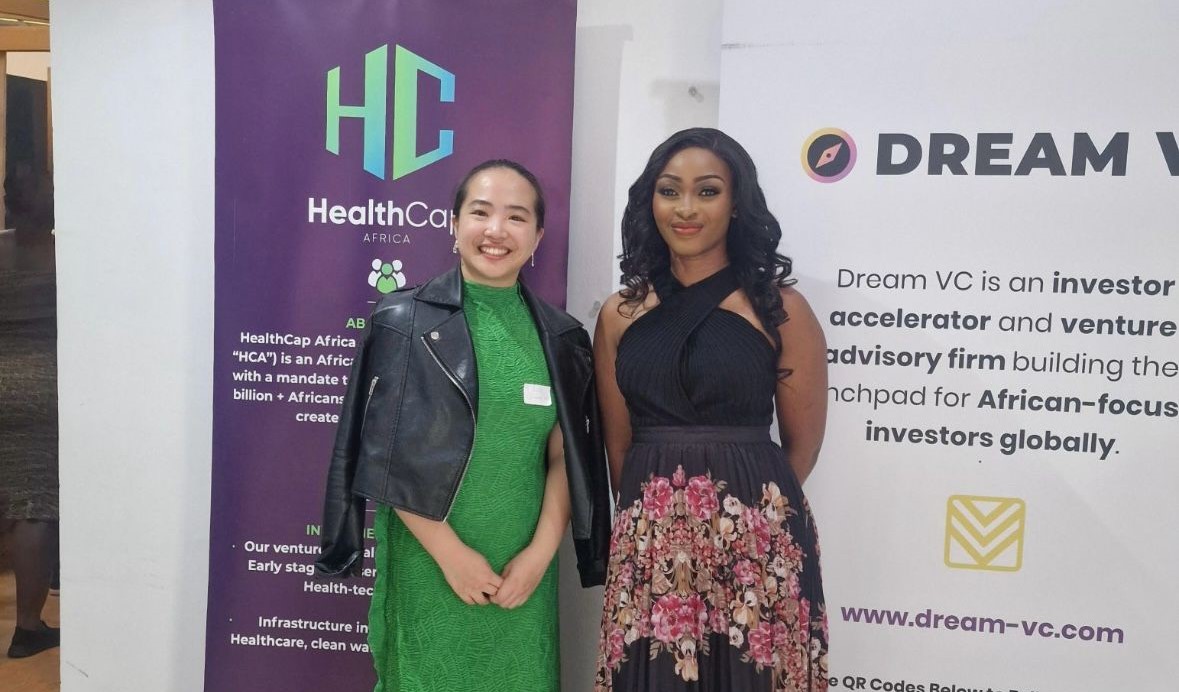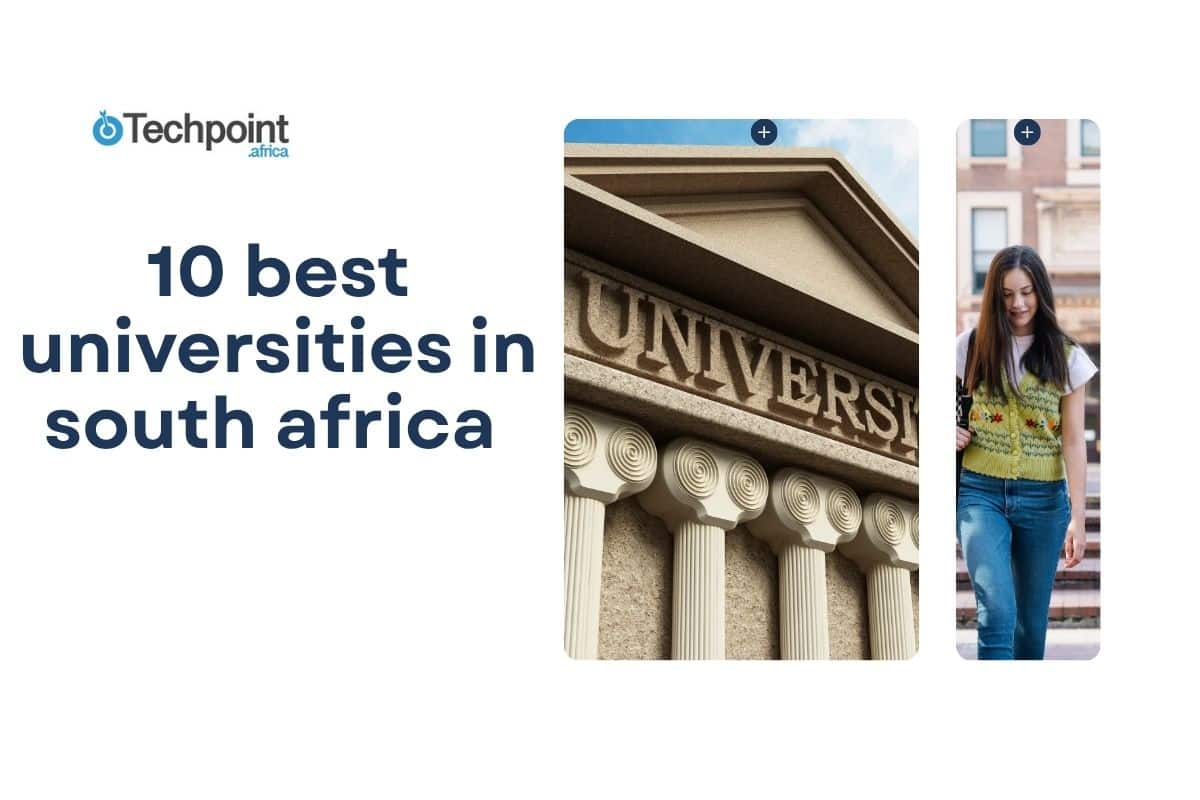Despite a global funding downturn, venture capital remains a highly sought-after funding source for Africa’s technology-enabled startups. Similarly, it represents an exciting career opportunity for many young people on the continent.
However, due to its relatively recent emergence, there is a scarcity of tailored resources available for Africans contemplating careers within this domain.
Organisations have sprung up in recent years, creating programs aimed at launching African professionals into the venture capital sector. One such organisation is Dream VC, a venture capital fellowship launched in 2021 that provides learning resources tailored to the African continent.
Through the Launch Into VC programme, it trains entry-level candidates with the skills and knowledge required for VC jobs on the continent. Experienced professionals are also catered to through the Investor Accelerator, a 20-week remote programme for mid-level and senior management professionals intending to start investing on the continent.
At a recent mixer held in Lagos, Nigeria, as part of its 2024 roadshow, it hosted a fireside chat with Dr. Ola Brown, founder of HealthCap, where she shared her journey into VC and tips for navigating a career in the space.
Many entrepreneurs start businesses to fix problems that they face. In Brown’s case, the death of her sister while holidaying in Nigeria was the motivation for starting her first business, Flying Doctors Nigeria, in 2012. The air ambulance service has since airlifted more than 1,000 patients and has operations in more than 40 African countries.
Her journey into venture capital began rather accidentally. After exiting Flying Doctors Nigeria, she teamed up with a small group of entrepreneurs in Nigeria to launch Greentree investments.
But a few weeks before operations were to resume, her partner had to return to the UK due to a family emergency, and the burden of running the newly launched firm fell on her shoulders.
With support from the other members of the group, the firm took off, making early bets on Paystack and Flutterwave.
While Greentree was a generalist investment firm, her interests lay around funding healthcare and fintech startups, and she eventually started HealthCap. HealthCap has since backed startups such as Helium Health, Healthtracka, Nestcoin, and Payhippo.
Tips for breaking into VC

Gaining operational experience at a startup is a common route into venture capital, but Dr. Brown considers it a nice-to-have rather than a deal-breaker.
“Operational experience is more useful in the early stages, but if you’re at Series A or Series B, then those companies are already experienced. At that stage, you need to be a good investor. A lot of great investors in America didn’t have any operational experience, and they still did really well,” she said.
However, she pointed out that venture capital is built on relationships and advised aspiring venture capitalists to build strong networks. While most funding vehicles have clear-cut requirements, venture capital does not, and great companies and candidates don’t always get funding or jobs.
“It’s not necessarily the smartest people that get the best positions or get the best job. It’s often the people with the best network. 60% of the jobs aren’t even advertised, so if you’re only applying for jobs without a strong network, then you’re playing in that 40 percent pool. If you have a strong network, then you have access to 100 percent of the jobs available.”
While many professionals understand the value of networking, it is common to find professionals who are repulsed by its inauthenticity and the often transactional nature of such relationships.
Brown emphasised that these relationships can grow into much more, adding that the key is to always add value to people.
“Sometimes you feel like it’s going to be a transactional relationship, but eventually you start spending time with the person, you start spending time with their family, and you start genuinely caring about them, and it just becomes more collaborative.She added that aspiring venture capitalists must also learn as much as they can about the space. While VC fellowships are often out of reach for most Africans, books and online resources make up for that.











